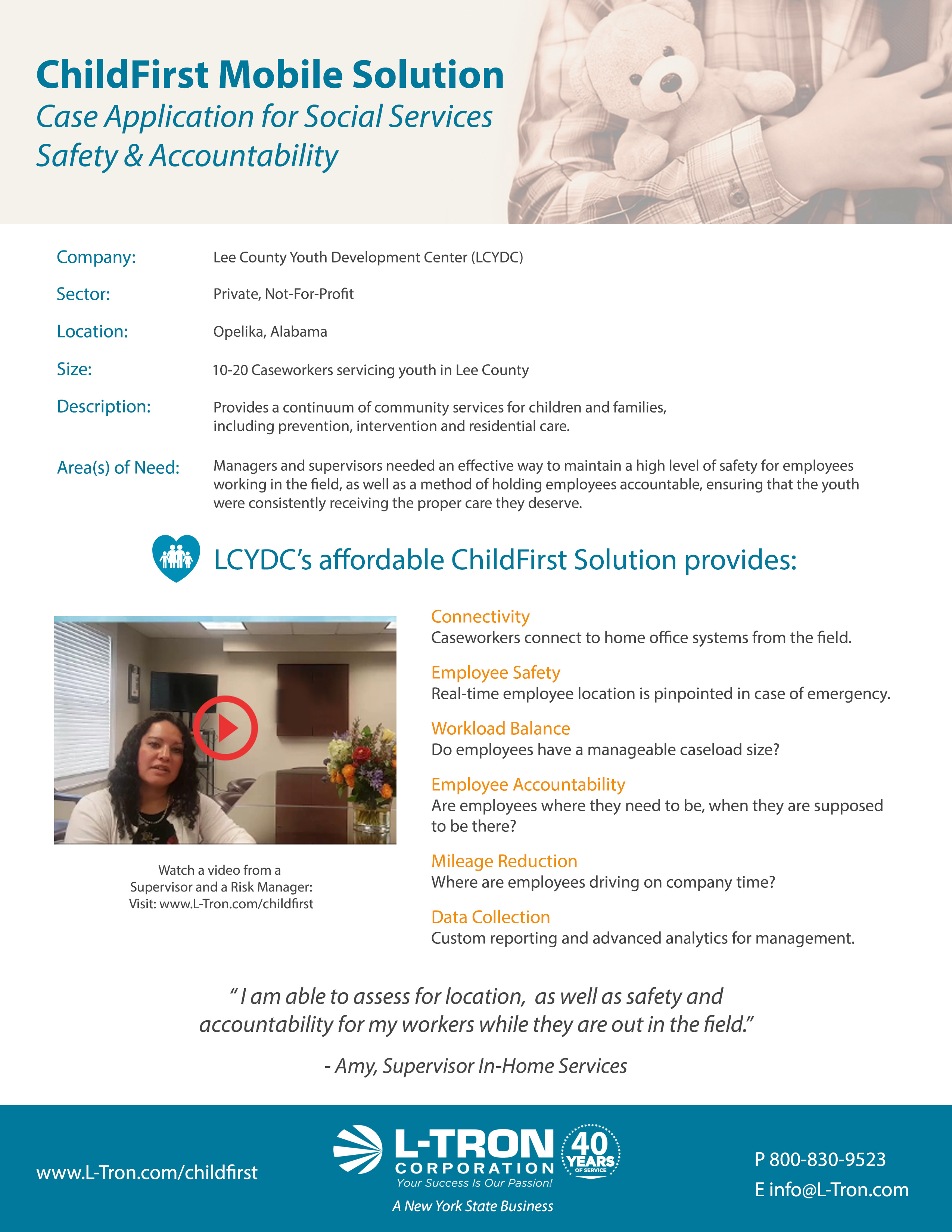

7 This disparity in findings may be because youth were sampled at various points in the juvenile justice system (e.g., at admission, after conviction, etc.). 7 Rates of substance use disorders ranged from 13% 14 to 88%. Among studies published since 1980, 7, 11 – 28 (summary table available from authors), rates for affective disorder varied from 2% 15 to 88%.

9, 10ĭespite the importance of psychiatric epidemiological data on juvenile detainees, there are few empirical studies 10 and little consistency in results. 6 – 8 Until we have better data, we cannot know how best to use the system’s scarce mental health resources. 5 Mental health professionals believe that providing psychiatric services to juvenile detainees could improve their quality of life and help reduce recidivism. Like adult detainees, juvenile detainees with serious mental disorders have a constitutional right (under the 8 th and 14 th Amendments) to receive needed treatment. 2 Given the growth of juvenile detainee populations, 4 epidemiologic data on their psychiatric disorders are increasingly important.

The number of females in the juvenile justice system is increasing at an even faster rate than the number of males 3 and is at an all time high. 2 Many are incarcerated in adult prisons, which do not have psychiatric services designed for juveniles. There are currently 163,200 cases per year of juveniles convicted and serving sentences. 3 Moreover, recent changes in the laws – mandatory penalties for drug crimes and lowering the age that juveniles can be tried as adults – have resulted in more juveniles than ever before serving time. 3 Almost 60% of detained youth are African American or Hispanic. 2 On an average day, over 106,000 youth are in custody in juvenile facilities. 1 In 1997, juvenile courts handled almost 1,800,000 delinquency cases. In 1999, the FBI estimated there were 2.5 million arrests of juveniles. DYRS encourages family involvement for all youth held at the facility and offers regular family visitation opportunities.įor youth who are likely to be committed, DYRS facilitates Team Decision-Making meetings and makes placement recommendations.A great proportion of this country’s youth are now involved in the juvenile justice system. YSC also provides other services consistent with Positive Youth Justice, including physical fitness, mentoring opportunities, and creative arts programs. The Youth Services Center focuses primarily on meeting the basic needs of the residents, including diagnostic assessments, medical and behavioral health services, and educational services. Also located at YSC are a myriad of medical and behavioral health professionals, treatment specialists, Juvenile Justice Institutional Counselors, and administrative staff. Two YDRs are assigned to each housing unit at all times, with at least one assigned manager per floor to assist with oversight and assistance. Staff at YSC consists of Youth Development Representatives (YDRs) who provide direct and continuous observation, supervision, and on-the-spot counseling to young people in each housing unit. An 88-bed secure facility, YSC provides 24-hour care, custody, and supervision in a safe and secure environment for youth ordered detained by the DC Superior Court Family Court Division. The Department of Youth Rehabilitation Services (DYRS) opened YSC in 2004. Adjudicated and pending court action and.Awaiting court proceedings (pre-adjudicated) or hearings (overnight).Part of the Adult Transition Unit, housing Title 16 youth (adjudicated as adult offenders).The YSC population consists of youth who are: The Youth Services Center (YSC) is the District of Columbia’s detention center for male and female youth, responsible for the care and custody of young people placed in secure detention by court order from the DC Superior Court Family Court Division.


 0 kommentar(er)
0 kommentar(er)
